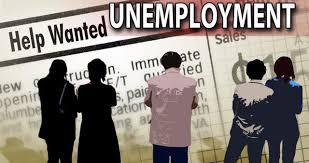 One year after the near collapse of the global financial system, this much is clear: The financial world as we knew it is over, and something new is rising from its ashes. Historians will look to September 2008 as a watershed for the U.S. economy.
One year after the near collapse of the global financial system, this much is clear: The financial world as we knew it is over, and something new is rising from its ashes. Historians will look to September 2008 as a watershed for the U.S. economy.
TVNL Comment: Keeping consumers in constant debt is the strategy that feeds capitalism as we know it. Don't kid yourself. The cycle will crawl back and debt will rule once again.

 Economic Glance
Economic Glance In a radical report, the UN Conference on Trade and Development (UNCTAD) has said the system of currencies and capital rules which binds the world economy is not working properly, and was largely responsible for the financial and economic crises.
In a radical report, the UN Conference on Trade and Development (UNCTAD) has said the system of currencies and capital rules which binds the world economy is not working properly, and was largely responsible for the financial and economic crises. A breakdown in communications at the highest level between the US and the UK led to the shock collapse of the investment bank Lehman Brothers in September last year, a Guardian/Observer investigation has revealed.
A breakdown in communications at the highest level between the US and the UK led to the shock collapse of the investment bank Lehman Brothers in September last year, a Guardian/Observer investigation has revealed. Companies eliminated more jobs than forecast in August, a private survey indicated today, signaling that employers have yet to gain confidence about a recovery from the deepest recession since the 1930s.
Companies eliminated more jobs than forecast in August, a private survey indicated today, signaling that employers have yet to gain confidence about a recovery from the deepest recession since the 1930s. Millions of older people face shrinking Social Security checks next year, the first time in a generation that payments would not rise.
Millions of older people face shrinking Social Security checks next year, the first time in a generation that payments would not rise.






























